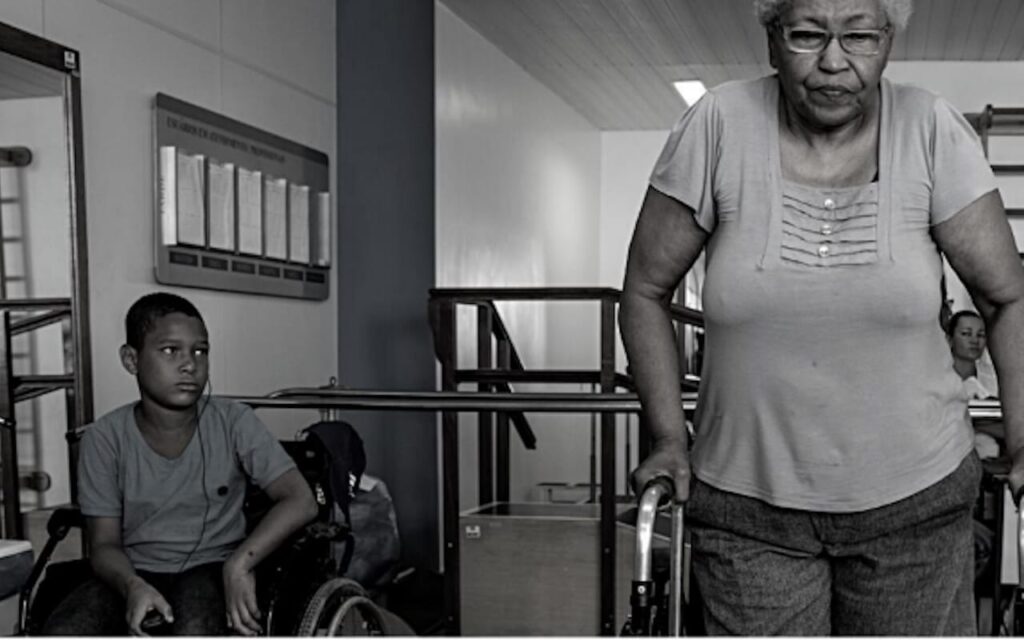
Photo courtesy WHO
Lusaka – African health ministers have adopted a landmark Regional Rehabilitation Strategy 2025–2035 to fully integrate rehabilitation into public health systems, warning that millions are being denied essential care.
More than 210 million Africans need rehabilitation for conditions such as developmental disorders, road traffic injuries, and mental health challenges. Yet two out of three people who require these services cannot access them. Where available, facilities are under-resourced, professionals are scarce, and community-level coverage remains inadequate.
“This is a crisis hiding in plain sight,” WHO Africa officials said. “Rehabilitation is not a luxury, it is a lifeline for millions of Africans living with conditions that can be managed, prevented from worsening, or even reversed with proper care.”
Rehabilitation, according to WHO, includes services that help people recover, maintain, or improve physical, mental, and social functioning after illness, injury, or disability. It goes beyond medical treatment, aiming to restore independence and quality of life.
The strategy, endorsed at the 75th session of the WHO Regional Committee for Africa in Lusaka, Zambia, sets these targets:
- 60% of African countries to establish a national rehabilitation plan with a dedicated budget.
- 60% of primary health facilities to integrate rehabilitation into essential health services by 2035.
To achieve this, ministers pledged reforms in health financing, workforce training, infrastructure development, and data collection on rehabilitation needs.
Experts noted that scaling up rehabilitation will not only restore dignity and independence to patients but also reduce healthcare costs by shortening hospital stays, preventing complications, and minimizing reliance on costly treatments.


